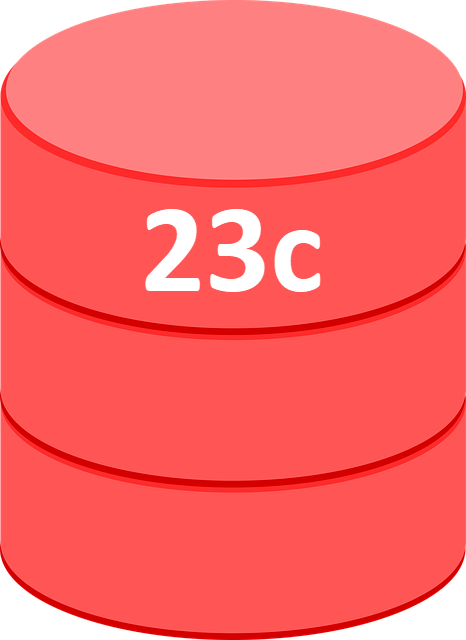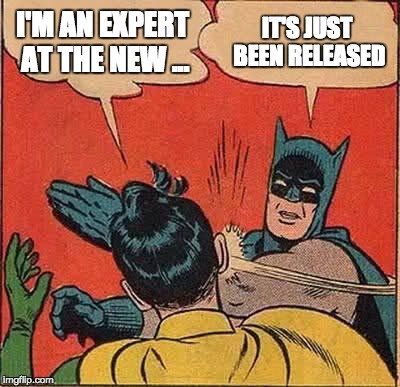
It’s been a couple of weeks since Oracle 23c Free was released. I’ve already put out a getting started post to help people start their journey, but I wanted to say something about why, in my opinion, you should start learning 23c now, rather than waiting.
Learning stuff takes time
I’ve written some tips about learning new things, and one of the posts was about time and repetition. It’s going to take a long time to get used to using 23c. If the latest version you have used is 19c, you’ve got the 21c and 23c new features to catch up on. If you’re using something older than 19c, then you’ve got even more to do. Sure, you can use Oracle 23c like it’s Oracle 7, and for the most part things will be fine, but really you should try and get the most out of the products you are paying for.
The sooner you start, the easier it will be, and the less rushed you will feel when you eventually have to start.
I’ve already put out a lot of 23c posts, but remember I’m on the 23c beta program, so I’ve been writing these posts for over 5 months now. They didn’t happen overnight.
Feeling comfortable with a new release takes me years. There is a difference between writing a post about something, and feeling comfortable using it in my day-to-day life. It will take some time before some of this stuff is a natural part of my toolbox. I want that to happen as quickly as possible, so that means getting stuck in now, so when the full blown 23c goes GA I can hit the ground running.
It might make you change the way you do things now
Sometimes, knowing what is coming around the corner will alter the way you approach a problem today. You may use the way Oracle has implemented a new feature as inspiration for how to solve your current problem in an older release. If possible, you may code it such that you can do a straight swap when you upgrade to 23c, throwing away your code and replacing it with built in functionality.
You don’t know what you don’t know
My initial reaction to new releases is often, “there’s nothing there I care about”. Then I start working through the new features and things jump out at me. The more I work with it, the more interesting it gets. I already feel like I can’t live without the IF [NOT] EXISTS DDL clause. On the surface it seems so trivial, but it makes a massive difference. 🙂
The Oracle 23c Free release contains mostly developer focused new features. We won’t see some of the administration features publicly until we get the full release, but there is still a lot to work through.
23c is new to everyone
I say this with each new release, but remember there are no Oracle 23c experts. Even Oracle staff and people in the beta program haven’t got something I would consider as significant production experience. Just remember this when you are reading posts about the 23c new features. We are all noobs! That doesn’t mean there is no value in these posts, but just remember what they represent.

It’s your choice
You are going to have to learn this stuff eventually, so you have two choices.
- You can wait until the last minute, try to cram, and inevitably make mistakes when you are doing something real in your job.
- You can start now and coast into the new release, so when you have to do something real with 23c, it’s not a problem.
It’s up to you, but you know what I think you should do. 🙂
Cheers
Tim…

 Yesterday I received pretty much the same question from three different people, or maybe one person pretending to be three people. 🙂 The questions went something like this.
Yesterday I received pretty much the same question from three different people, or maybe one person pretending to be three people. 🙂 The questions went something like this.